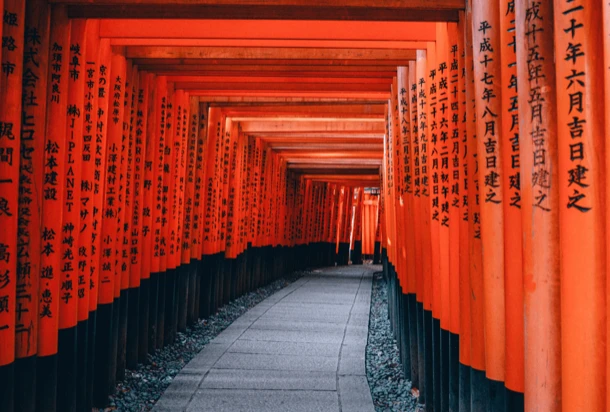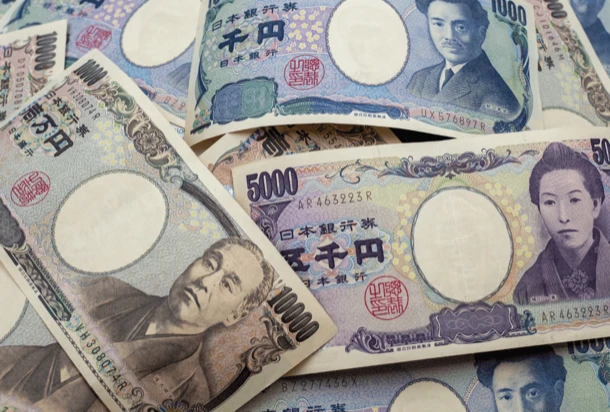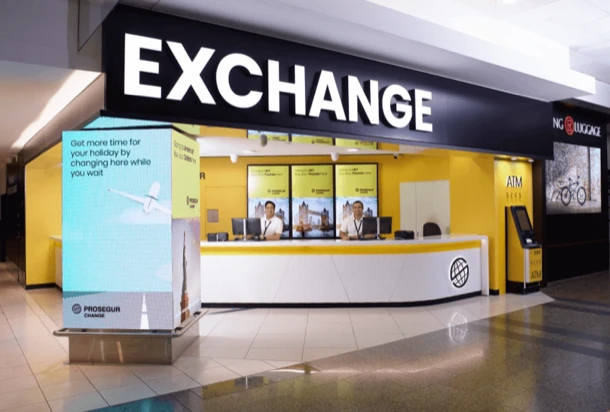
Plan your trip to Japan efficiently!
Get ready for an unforgettable trip to Japan by planning your budget in Japanese Yen (JPY) in advance. If you're looking to buy Japanese Yen online or convert AUD to JPY, we offer the best rates with 0% commission.
Get acquainted to the different prices in the different cities. and regions and adjust your budget accordingly. Cash is commonly used in Japan for daily transactions, including shopping, eating out, and transportation. While credit and debit cards are widely accepted, especially in major cities and tourist areas, there are still many smaller establishments, such as local restaurants, shops, and markets, that prefer cash payments.
Secure the best AUD to JPY exchange rate online before you fly to Japan — fast, transparent and commission-free.
Practical tips for planning your budget
- For travelers exploring Japan, indulging in local street food usually ranges from approximately 300 to 800 yen.
- Accommodation in guesthouses varies from 4,000 to 8,000 yen, while mid-range options typically fall between 6,000 to 12,000 yen.
- Subway train fares are typically 150 to 250 yen, buses range from 200 to 400 yen, and taxi rides start at around 700 to 800 yen for the first kilometer.
300-1000 JPY
Average cost of a one night stay per person in a guest house
3,000 to 6,000 YEN
Average food budget per person per day

Where to exchange AUD to JPY?
You can easily buy Japanese Yen in Australia through Prosegur Change. Reserve online and collect your JPY from one of our locations across cities and airports — it’s the best place to exchange AUD to JPY with 0% commission and no hidden fees.
Good to know
Some price indications in Japan
199 - 300 JPY
A public transport ticket ride
250 JPY
The price of a cup of coffee
JPY 27,000 for 7 days
A JR(Japan Railways) pass
500 JPY
A portion of Takoyaki
400 JPY
A taxi ride
620 JPY
Entrance fee to the Tokyo National Museum

Some suggestions for your stay
-
Tokyo: Tokyo Skytree, Senso-ji Temple in Asakusa, Shibuya Crossing, Meiji Shrine, Tsukiji Outer Market (now Toyosu Market), Shinjuku Gyoen National Garden, Tokyo Disneyland and DisneySea
-
Kyoto: Kinkaku-ji (Golden Pavilion), Fushimi Inari Taisha Shrine, Kiyomizu-dera Temple, Arashiyama Bamboo Grove, Gion District, Nijo Castle, Philosopher's Path
-
Osaka: Osaka Castle, Dotonbori District, Shinsaibashi Shopping Street, Universal Studios Japan, Osaka Aquarium Kaiyukan, Kuromon Ichiba Market, Osaka Museum of History
-
Other cities to visit: Hiroshima, Nara, Kanazawa, Sapporo.
Some facts about the Japanese Yen
Japan’s currency, the Japanese Yen (JPY), blends centuries‑old tradition with cutting‑edge innovation. Knowing its denominations—and the latest updates—will help you read prices and pay with confidence across Japan.

Denominations of the Japanese Yen
The yen was introduced by the Meiji government in 1871 to modernise Japan’s economy, replacing the complex Tokugawa‑era monetary system.
-
Bank notes: ¥1,000 (1,000円), ¥2,000 (less common), ¥5,000 (5,000円), ¥10,000 (10,000円).
-
Coins: ¥1 (1円), ¥5 (5円), ¥10 (10円), ¥50 (50円), ¥100 (100円), ¥500 (500円).
In July 2024, Japan issued redesigned paper banknotes featuring 3D holographic portraits to strengthen security and accessibility—the ¥10,000, ¥5,000 and ¥1,000 notes honour Eiichi Shibusawa, Umeko Tsuda and Shibasaburō Kitasato. Existing notes remain legal tender.
Note: The ¥2,000 note is valid but less commonly seen in day‑to‑day use.
Why buy Japanese Yen before you travel?
Exchanging your Australian Dollars for Japanese Yen before arriving in Japan offers greater convenience, better rates, and full control over your travel budget.
By buying JPY online, you avoid high airport exchange fees and ensure that you always have cash on hand for essentials like taxis, vending machines, or rural restaurants that may not accept cards.
With Prosegur Change, you can lock in competitive AUD to JPY rates online, enjoy 0% commission, and pick up your cash at a convenient location near you.

Enjoy the best AUD JPY rate with Prosegur Change
Looking for the best AUD to JPY currency exchange service? With Prosegur Change, you can buy Japanese Yen online in Australia at competitive rates.
Benefit from great online exchange rates for Australian Dollars to Yen with 0% commission. Easily reserve and collect your travel money from our branches located throughout Australia, including airports and city centers - Melbourne Airport, Gold Coast Airport, ACT, Brisbane and Adelaide.
We've got all your currency requirements covered!
FAQs about Japanese Yen (JPY)
Here are some of the most common questions travellers ask before exchanging AUD to JPY — from where to get the best rates to practical tips for managing money while in Japan.
It’s generally better to exchange at least some yen in Australia before you travel. By ordering online with Prosegur Change you can lock in a great AUD-JPY rate, enjoy 0% commission, and collect at the airport or city centre — avoiding last‑minute purchases at airport kiosks, which consumer advocates flag as among the worst places to change money.
Exchange rates move constantly. The easiest way to secure today’s rate is to check live updates and reserve your JPY online with Prosegur Change so you can lock it in before it changes. If you pay by card in Japan, choose to be charged in JPY (not AUD) to avoid “dynamic currency conversion” mark‑ups applied by overseas merchants/processors.
Spending varies by travel style, but as a guide:
- Budget travel: about ¥8,000–12,000 per day for food, local transport and sights → roughly ¥56,000–¥84,000 for a week.
- Mid‑range comfort: many travellers report around ¥21,700–30,000 per day → roughly ¥150,000–¥210,000 for a week.
Use this as a starting point and adjust for your itinerary (city hops, peak seasons, theme parks, etc.).
Both are useful. Cards are widely accepted in cities, but Japan still has plenty of cash‑only spots (small eateries, markets, rural areas). Carry some smaller notes and coins, and use cards for hotels, major shops and transport where available.
No. Tipping isn’t customary and can even cause confusion. Exceptional service is already included in the price; if you wish to give a special gratuity, there are specific traditions (e.g., kokorozuke), but it’s rarely expected of visitors.
Japan issued redesigned ¥10,000, ¥5,000 and ¥1,000 banknotes in July 2024 featuring world‑first 3D holographic portraits (Shibusawa Eiichi, Tsuda Umeko, and Kitasaburō Kitasato). Existing notes remain legal tender, and the ¥2,000 note is also valid though less commonly seen.
There’s no cap on the amount you can carry, but you must declare cash (and similar instruments) over ¥1,000,000 or equivalent when you enter or leave Japan. Forms are available at customs.
Travelling soon?
Here's how to easily reserve your currencies online
 1. Choose your currency
1. Choose your currency
Determine the amount of travel money you will need to enjoy your trip.
 2. Choose a date & a pick-up location
2. Choose a date & a pick-up location
Collect your order from one of our exchange bureaus at major airports and city centre.
 3. Collect & pay
3. Collect & pay
Pay upon pickup and enjoy
your trip.